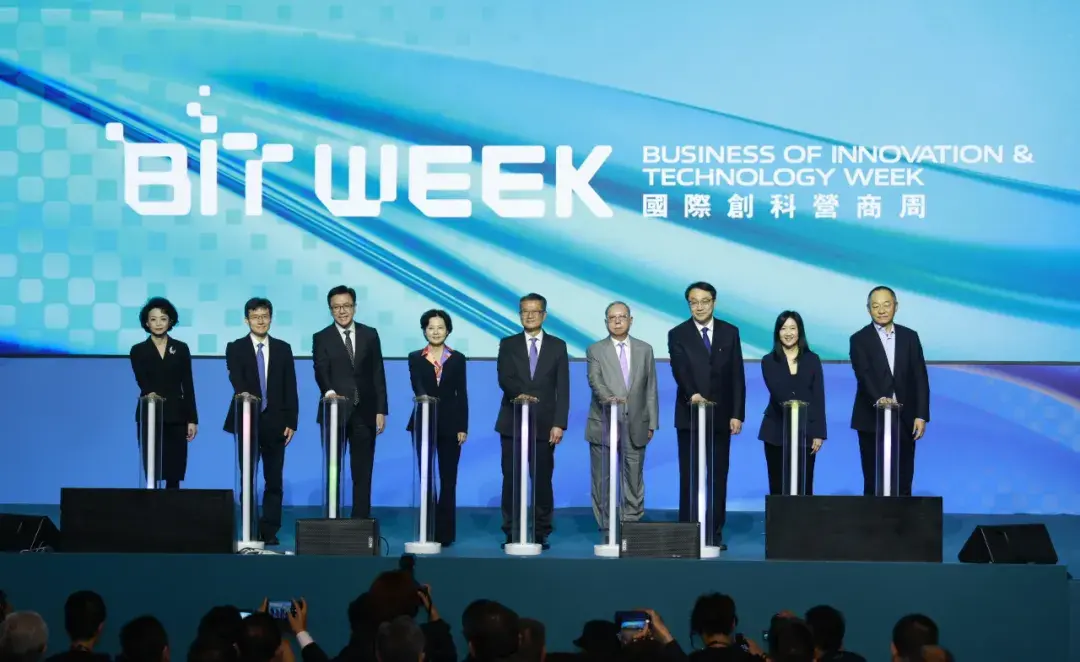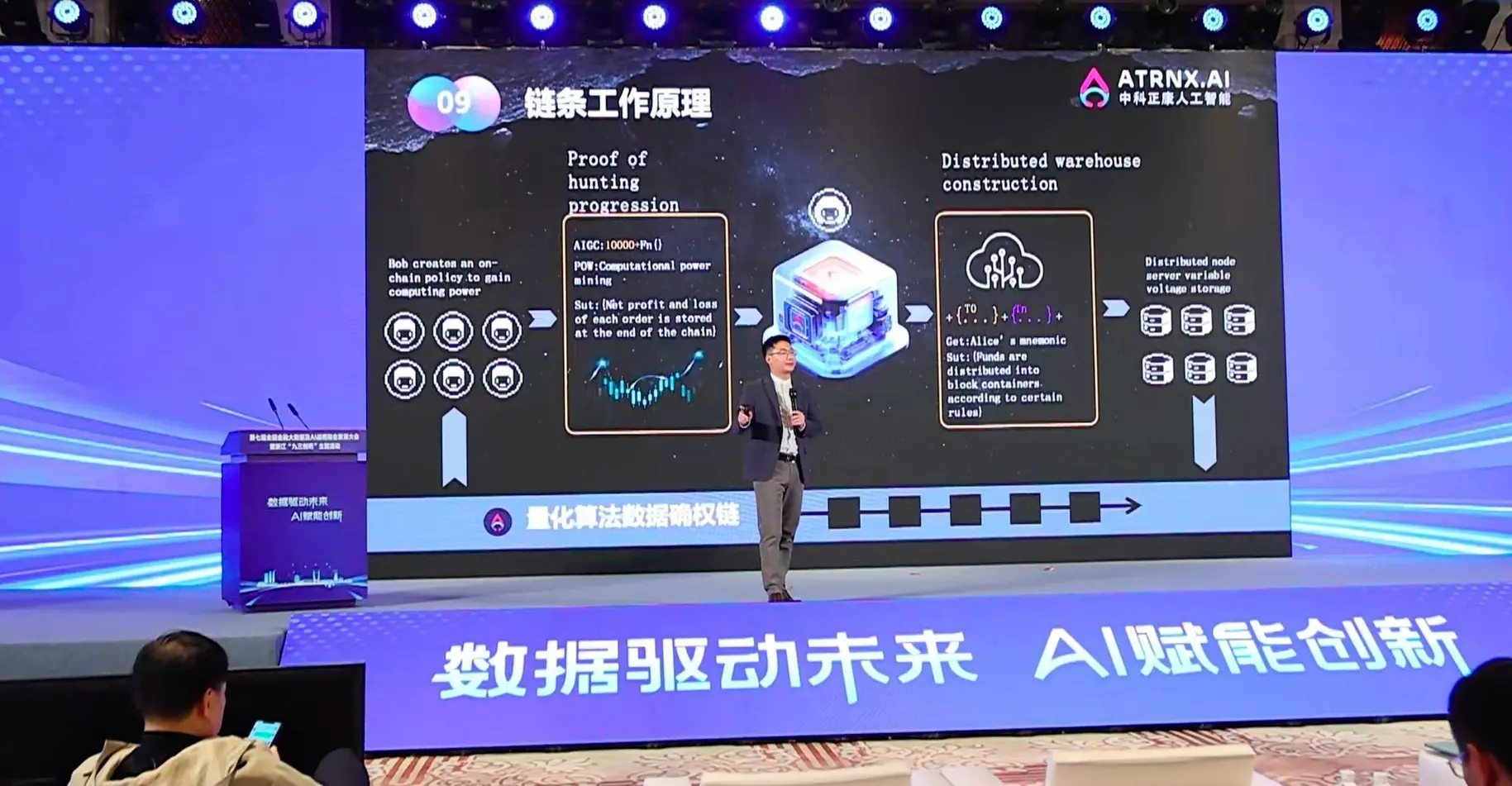$85 million bet on dining Web3: How Blackbird is reconstructing the trillion-dollar loyalty market with blockchain
Original Title: "With a total financing of $85 million, what card does the Web3 project Blackbird targeting the restaurant industry want to play?"
Original Author: Zen, PANews
Recently, the Web3 restaurant loyalty and payment platform Blackbird announced that it successfully raised $50 million in its Series B funding round. Against the backdrop of a prolonged downturn in the primary market, this substantial financing undoubtedly highlights the crypto industry's expectations for the large-scale implementation of consumer-grade applications and reflects the confidence of many top crypto investment institutions in the project's prospects.
In the traditional restaurant market, high intermediary commissions and various service fees have become burdens that many small and medium-sized restaurants find hard to bear, prompting the industry to urgently seek new solutions. Meanwhile, the cryptocurrency sector is in dire need of products and viable use cases that genuinely target the consumer end. The two fields, each facing challenges, seem to have the opportunity to deeply integrate and complement each other's shortcomings.
So, what exactly is Blackbird doing based on blockchain and cryptocurrency technology, and what is its potential?
Raised $85 million in financing, targeting the huge consumer market in the restaurant industry
Web3 restaurant loyalty and payment platform Blackbird was initiated by Ben Leventhal, positioning itself as a loyalty and payment solution for the restaurant industry. Leventhal has over 20 years of experience in the food and technology industries—he co-founded the food information website Eater in 2005, initially focusing on New York City's dining and nightlife scene, which was later acquired by digital media company Vox Media in 2013; in 2014, Leventhal co-founded the restaurant online reservation platform Resy, which was acquired by American Express in 2019.

Blackbird Founder Ben Leventhal
After years of deep involvement in the restaurant industry, Leventhal gradually recognized the limitations of traditional loyalty and reservation systems. While they can bring short-term traffic, they fail to establish a "deep connection" long-term relationship between restaurants and diners. Leventhal believes that for the restaurant industry to achieve this goal and ensure sustainable economic development, it must ensure that restaurants can retain more commercial value and build a rewards and loyalty ecosystem. This is the origin of Blackbird's creation and the problem the platform aims to solve.
Food is the primary need of the people. The trillion-dollar restaurant economy is the most fundamental and largest consumer sector, making it an ideal "testing ground" for the cryptocurrency industry to achieve large-scale adoption. Therefore, Blackbird, which aims to break through from the consumer application end and is based on blockchain and cryptocurrency technology, is also highly anticipated and favored by crypto venture capital. According to public information, since its establishment in 2022, Blackbird has raised approximately $85 million in total financing:
In October 2022, Blackbird announced the completion of a $11 million seed round, led by Union Square Ventures, Shine Capital, and Multicoin Capital;
In October 2023, Blackbird announced the completion of a $24 million Series A funding round, led by a16z Crypto, with participation from QED, Union Square Ventures, Shine, Variant, and several restaurant groups;
In April 2025, Blackbird announced the completion of a $50 million Series B funding round, led by Spark Capital, with participation from Coinbase, a16z crypto, etc. Leventhal stated that this funding was completed in the fourth quarter of 2024, but he declined to disclose the implied valuation of this round of financing.

Blackbird Investor Lineup
Arianna Simpson, a general partner at a16z, believes that the restaurant industry consists of millions of local small business owners worldwide, and these restaurants are entirely subject to technology platforms, which can extract a significant commission from the restaurants' profits, and this percentage often continues to grow. This is precisely where blockchain can play a role, namely in improving the profit structure. She stated, "Ben Leventhal's vision is to create a network owned by restaurants and diners themselves, and only blockchain can achieve this."
Eliminating intermediaries and low costs, creating a Flynet mainnet tailored for the restaurant industry
One of Blackbird's main goals is to eliminate unnecessary intermediaries, including payment processors and other service providers that exist between restaurants and customers. Leventhal estimates that restaurants lose an average of 3% to 5% of their revenue to third parties, which do not create sufficient value. Therefore, by building a blockchain-based platform, Blackbird aims to establish a more direct connection between restaurants and customers, reduce costs, and improve the overall dining experience.
On February 27, 2025, Blackbird announced the official launch of the Flynet mainnet. Flynet is built on Layer 3 of the Base chain under Coinbase, aiming to fully migrate restaurant payments and membership reward systems onto the blockchain, achieving a new model of "de-intermediation" and "low-cost" payments and incentives.

Flynet is a transaction network specifically designed for the restaurant industry by Blackbird. Blackbird aims to build a rewards and loyalty ecosystem to optimize the connections between restaurants, restaurant customers, and restaurant employees, recording activities that occur between any two parties. According to Ben Leventhal's writings, Flynet will have four core advantages:
Reducing intermediary costs: Traditional credit card fees can be as high as 3.75% or more, while Flynet adopts a fixed rate of 2%, returning 1.5% of the revenue immediately to restaurants for customer acquisition and retention;
Restoring data sovereignty: Restaurants and consumers can control and share consumption data as needed, helping restaurants gain deep insights into customer preferences and improve marketing efficiency;
Seamless modern experience: Combined with the Blackbird App, customers do not need to carry physical cards or wait for bills; they can complete transactions by scanning a code or one-click payment, truly achieving instant on-chain checkout;
Unlocking a new loyalty economy: Flynet supports a tokenized points system across restaurants, allowing restaurants to customize reward programs based on on-chain behavior and incentivize high-frequency users through exclusive experiences (such as hidden menus and chef interactions).
As a decentralized network, it is designed to ultimately be controlled by its network users, namely the holders of the Flynet native token $F2. $F2 is the native token of the Flynet mainnet, used to pay on-chain gas fees and carry governance rights. The team plans to airdrop 13% of the token supply to early users and restaurants, with the remaining 87% allocated to internal personnel, the treasury, and participants in subsequent growth phases. The previously designed $FLY token will still serve as loyalty points within the Blackbird app, which can be used to offset meal costs and redeem platform benefits.
Additionally, at the launch of Flynet, Blackbird also introduced a developer portal, inviting ecosystem partners and developers to build more application scenarios based on the network, including data visualization, data markets, consumer market tools, third-party access, and marketing tools.
Blackbird Club: A tiered loyalty program different from the points model
Along with the announcement of the $50 million Series B funding, Blackbird also introduced the Blackbird Club, a tiered loyalty program designed to reward the most loyal users, aiming to replace simple points redemption with surprises and exclusive experiences. Members will receive generous benefits, including reservation guarantees, exclusive event presales, and secret perks such as hidden menu tastings and friends and family specials.
"We created the club to build a first-class restaurant and quality guests," Blackbird stated. The first participating restaurants include Gjelina, La Tête d'Or, and Barbuto in New York; SPQR, Frances, and Octavia in San Francisco; and Leon's, Melfi's, and Renzo in Charleston.

Traditional restaurant membership systems typically follow a "swipe card to accumulate points" or "spending rebates" model, where users accumulate more points the more they spend, which can be redeemed for dining vouchers, discounts, etc. This model is known as Transactional loyalty. The core of this model is "the more you spend, the more rewards you get," essentially rewarding "money" rather than "relationships."
The concept behind the Blackbird Club is Experiential recognition, which believes that what truly makes customers feel "welcomed" and "special" is not the points themselves, but whether they can participate in the restaurant's culture and feel emotional connections and identity recognition. The Blackbird Club plans to achieve this transformation through three pillars of rights: rewards, access, and convenience, along with two membership levels, Blackbird Club 3X and Blackbird Club 5X—considering not only spending amounts but also user attendance frequency and community contributions. It will place greater emphasis on whether you are part of the restaurant culture rather than just the thickness of your wallet.
The essence of Blackbird is that it transforms loyalty from a tool into a cultural bond, combining Web3 technology with the emotional experience of dining, making the act of "eating" more human, respectful, and community-oriented. Blackbird also proposes to launch a version aimed at practitioners in the future, providing incentives for groups that have been overlooked under the traditional "loyalty system" perspective, offering exclusive rewards and recognition to chefs, waitstaff, and restaurant managers. Blackbird emphasizes, "Those who take care of guests should also be well taken care of."
Web3 loyalty programs, great potential but difficult to implement?
User loyalty has always been one of the key issues that major brands focus on when competing for consumers. Especially in the restaurant industry, when taste and quality control are hard to differentiate significantly, businesses often create novel and enjoyable consumption experiences through model innovation and marketing strategies, thereby establishing deeper emotional connections with consumers.
Take Luckin Coffee as an example; its "users are members" operational model has disrupted the traditional points system, lowering the participation threshold and significantly increasing user reach. By regularly pushing limited-time offers and guiding friends to share rewards, it has also effectively improved user repurchase rates. Additionally, collaborations between brands have become a powerful means to enhance user novelty and brand exposure. Luckin's collaborations with Moutai and "Tom and Jerry" have sparked heated discussions and become phenomenon-level events; recently, McDonald's collaboration with "Minecraft" has also been very popular on social media due to its creativity and interactivity.
In contrast, user loyalty programs in the Web3 world seem to have yet to find a truly viable path. The Starbucks NFT loyalty program, Starbucks Odyssey, which was once highly anticipated, ultimately announced its termination in March 2024. The failure of this project reflects its complex participation process, vague value proposition, and the significant decline in mainstream users' interest and awareness of digital collectibles after the NFT craze subsided. This also indicates that merely granting users the right to "own" NFTs is far from sufficient to establish a truly sticky loyalty system.

"Remembering" Starbucks Odyssey
In this regard, Jesse Walden, founder and executive partner of Variant, proposed that a truly sustainable loyalty ecosystem should be based on a decentralized trading network like Blackbird, where every consumer behavior is recorded on-chain, and incentives and governance are achieved through native tokens, thereby forming network effects and long-term stickiness. In contrast, Odyssey merely issued NFTs unidirectionally, lacking on-chain interaction and token mechanisms, making it difficult to stimulate users' sustained participation and community co-construction enthusiasm.
Of course, for Blackbird, which is still in its infancy, the future still faces real challenges such as regulatory uncertainties, market fluctuations, and the potential erosion of the project's core value due to price volatility and speculation. Moreover, in the context of traditional loyalty operation models becoming mature and competition intensifying, whether Blackbird can truly possess long-term competitiveness remains unknown. It is even worth considering whether blockchain technology is indeed an indispensable underlying facility for such systems, which remains widely debated.
As Blackbird founder Ben Leventhal candidly stated, "I don't think it has to be built on blockchain." He noted that Visa's network, to some extent, also follows principles similar to those of Flynet, without applying blockchain.
"We do believe that over time, some things will become important opportunities, and these opportunities will be based on on-chain." Leventhal added that these opportunities include how Blackbird and restaurants preserve customer data and activities, which relates to their future vision—that every restaurant customer will ultimately become a "shareholder" of Blackbird.











